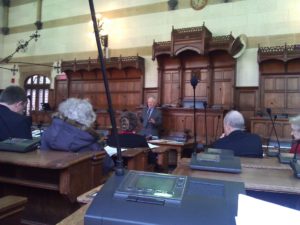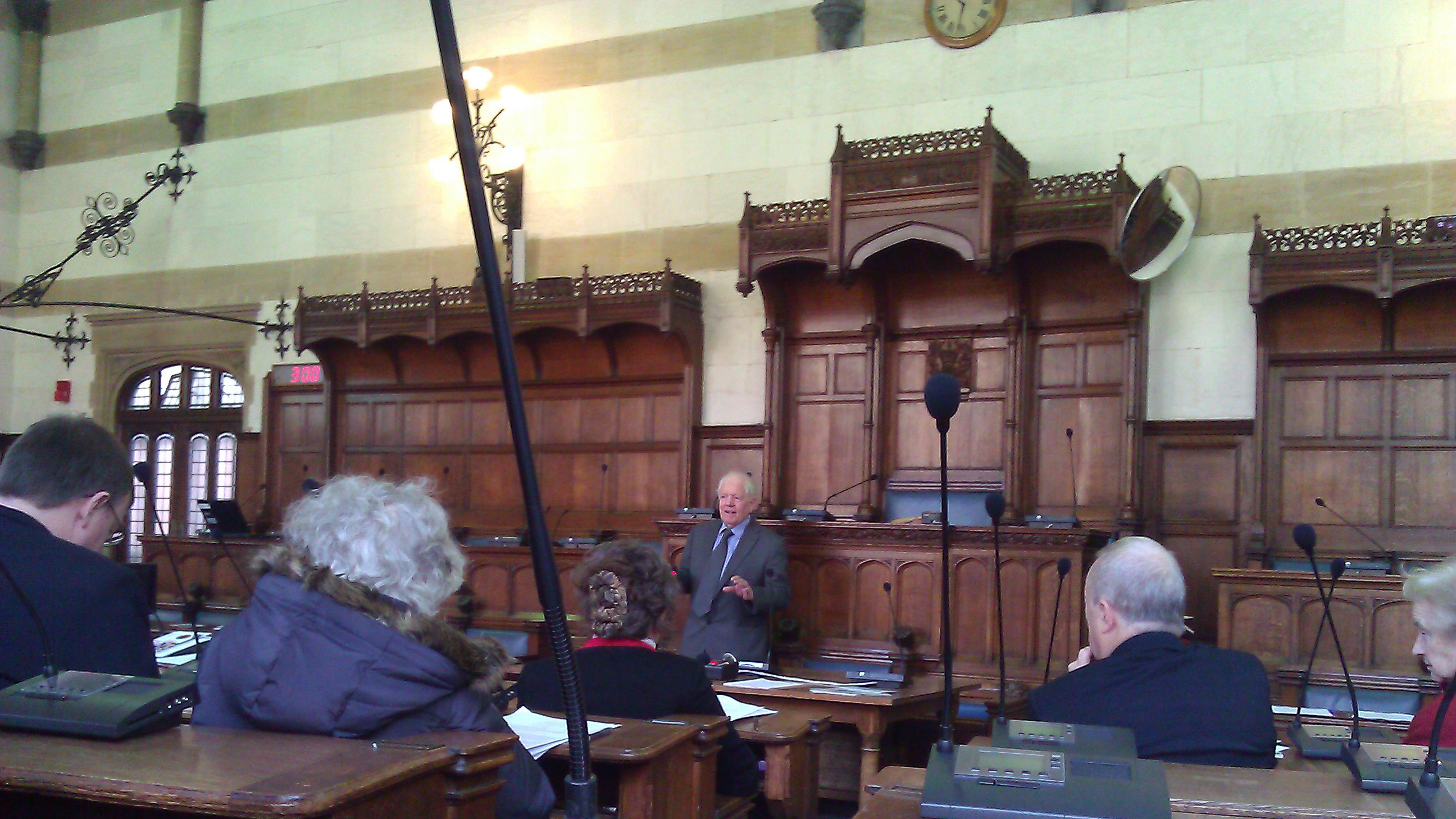Introduction

A Councillor’s work is multi-
The primary object of Select Committees is to scrutinize decisions made by the Cabinet portfolio holder for the particular responsibility. In this case, Children’s Services or Children and Young People as the department is known. However, the ability to hold the portfolio holder to account is very weak, since due to the system of proportionality of membership of the committees, the majority Party will have the majority of members on any committee who will always support decisions made by Cabinet members who are also selected from the majority Party. Therefore, in practice the purpose of a scrutiny committee is to be informed about a particular service being provided by the council. That said, through the work of the committee, the portfolio Lead will sometimes change the direction of their decision making process.
Committee Work
It is difficult for members of the public to know how effective their elected members are, but one way is to check how many councils they serve on and how many committees they have signed up to.
County Council committee meetings tend to take part during the day, whereas District and Town and Parish Council meetings are invariably held in the evenings.
Below is the list of committees I sit on;-
- Hampshire Pension Fund Panel & Board –
The Joint Pension Fund Panel and Board is responsible for the statutory functions as the Administering Authority of the Hampshire Pension Fund, including matters arising that relate to the management and investment of the Fund, and assisting to secure compliance with the Local Government Pension Scheme Regulations and associated legislation. - Policy & Resources Select Committee
- Policy & Resources Select Committee sub Committee –
Community Buildings Fund Large Grant Applications - Children & Young People Select Committee
- Health & Adult Social Care Select Committee
- Partnership for Urban South Hampshire Scrutiny Committee
- Audit & Resources Committee
- Procurement Executive Group
- Itchen Valley Country Park Project Board
- Horton Heath Development Management Committee (Chair)
- Hedge End, West End and Botley Local Area Committee (Vice-
Chair)
I am also a substitute member on the Environment & Economy Select Committee, should the principal member not be available.
Full Council
Under the present “Cabinet” system, which was made available to local government in 2001, any decision made by any council body must be ratified by putting the decision to the vote at that council’s “Full Council”. Before the decision can be made legally binding it is referred to as a recommendation to Full Council. For example, all councils will decide their Medium Term Budget Strategy and from that decide what precept will be recommended for Full Council. This year (2016) Hampshire County Council have decided on a 3.99% council tax increase for the municipal year 2016/17, Eastleigh Borough Council are recommending a 0% council Tax increase at their Full Council meeting on 25 February and West End Parish Council voted on a 0% council tax increase. The vote is undertaken by the councillors of the particular council and in theory each councillor can vote the way that they wish, but for matters of council tax, the vote always goes the way of the ruling party, simply because to become the ruling party, they will have the most councillors. Click here to learn more about Full Council…
Councillor Training
You would be right in thinking, how do councillors productively take part in these committees if they have never done this sort of work before? That is a very good question, because it can be quite daunting without the relevant training. All councillors are encouraged to attend regular briefing sessions about the latest government policy from which they can then be a critical friend to the cabinet members who actually make the policy decisions. It is all about asking probing questions of those decision makers to ensure the democratic mandate.
Having spent a career as a professional engineer, I was fully aware of the need to educate myself in the workings of the public sector, since it is very different to the work I previously did in the private sector. In addition to the attendance of initiatives such as the Hi-

